June 16 stands as one of history’s most eventful days, witnessing the rise and fall of empires, groundbreaking discoveries, and moments that shaped our modern world across centuries of human achievement.

Politics and Government Events on June 16
1940 – Marshal Pétain Becomes Chief of State of Vichy France
Marshal Henri Philippe Pétain assumed control of the French State following France’s defeat by Nazi Germany. His appointment marked the beginning of the controversial Vichy regime that would collaborate with German forces.
The establishment of Vichy France fundamentally altered the political landscape of occupied Europe. Pétain’s authoritarian government implemented policies that directly contradicted France’s democratic traditions and republican values.
1955 – Argentine Navy Bombs Buenos Aires Crowd
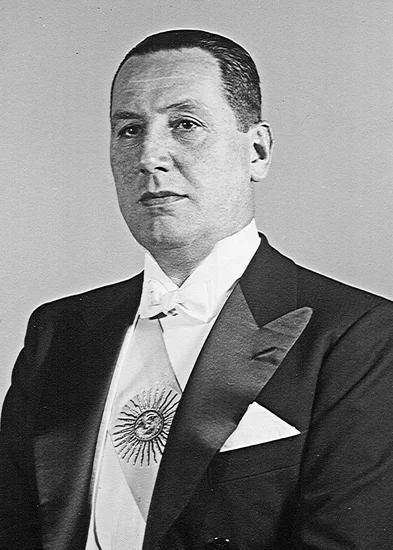
Rogue Argentine Navy pilots launched a devastating aerial attack on unarmed demonstrators supporting President Juan Perón in Buenos Aires. The bombardment killed 364 civilians and wounded over 800 in a failed coup attempt.
Simultaneous ground forces attempted to overthrow Perón’s government but were quickly suppressed by loyal military units. This tragic event demonstrated the extreme political polarization that characterized Argentine society during the Perón era.
1922 – Pro-Treaty Sinn Féin Wins Irish Free State Election
The pro-Treaty faction of Sinn Féin secured a decisive victory in the Irish Free State’s general election. This electoral triumph provided democratic legitimacy for the Anglo-Irish Treaty and the newly established Irish government.
The election results effectively ended the political uncertainty that had plagued Ireland since the treaty’s signing. Pro-Treaty politicians could now claim a popular mandate for their approach to Irish independence.
2015 – Donald Trump Announces Presidential Campaign
American businessman Donald Trump officially launched his campaign for the 2016 presidential election with a dramatic announcement. His entry into the race immediately transformed the Republican primary contest and American political discourse.
Trump’s unconventional candidacy challenged traditional political norms and campaign strategies. His announcement speech introduced themes that would dominate American politics for years to come.
1961 – Soviet Rudolf Nureyev Defects to the West
Renowned ballet dancer Rudolf Nureyev dramatically defected from the Soviet Union while touring Paris with the Kirov Ballet. His defection shocked the international dance community and embarrassed Soviet cultural authorities.
Nureyev’s bold escape to freedom symbolized the artistic restrictions faced by Soviet performers. His defection opened doors for other Eastern European artists seeking creative freedom in the West.
1989 – Imre Nagy Reburied in Budapest

Former Hungarian Prime Minister Imre Nagy received a ceremonial reburial in Budapest following the collapse of Communist rule. The rehabilitation of Nagy symbolized Hungary’s rejection of Soviet-imposed authoritarianism.
Nagy’s reburial drew enormous crowds and marked a pivotal moment in Hungary’s transition to democracy. The ceremony represented a public acknowledgment of the injustices committed during the Communist era.
1976 – Soweto Uprising Begins
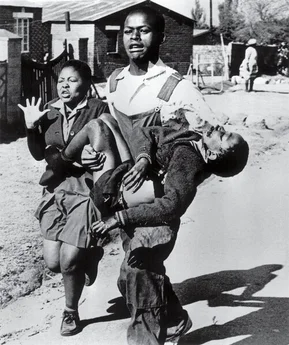
A peaceful march by 15,000 students in Soweto transformed into days of violent confrontation when police opened fire on the demonstrators. This tragic event galvanized international opposition to South Africa’s apartheid system.
The uprising began as a protest against mandatory instruction in Afrikaans but evolved into a broader challenge to racial oppression. The brutal police response exposed the violent nature of apartheid to the global community.
Military and Naval History on June 16
1940 – Soviet Union Occupies Lithuania
Soviet forces completed their occupation of Lithuania, which would eventually become the Lithuanian Soviet Socialist Republic. This military action formed part of Stalin’s broader strategy to control the Baltic region.
The occupation eliminated Lithuanian independence and incorporated the nation into the Soviet sphere of influence. Lithuanian resistance to Soviet rule would continue underground for decades following the initial occupation.
1944 – Marc Bloch Executed by Nazis
French historian and Resistance fighter Marc Bloch was executed by Nazi forces for his participation in the French Resistance. His death represented the loss of one of France’s most brilliant medieval historians.
Bloch’s sacrifice demonstrated the commitment of French intellectuals to resisting Nazi occupation. His scholarly work on feudalism and historical methodology continues to influence historians worldwide.
1944 – George Stinney Wrongfully Executed
Fourteen-year-old African-American George Stinney was executed in South Carolina after a flawed trial that lasted only a few hours. His case became a symbol of racial injustice in the American legal system.
The execution of such a young defendant shocked many observers and highlighted the discriminatory practices prevalent in Southern courts. Stinney’s conviction was finally overturned in 2014, seventy years after his death.
1958 – Hungarian Revolutionary Leaders Executed
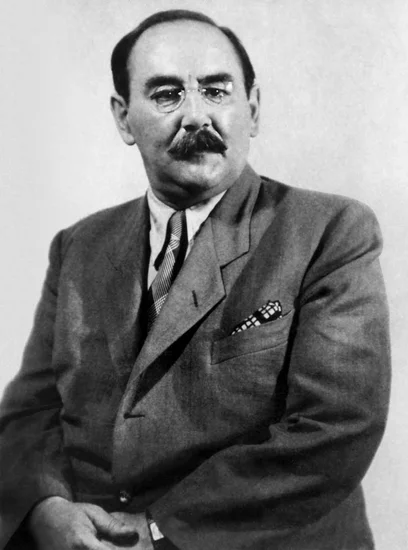
Imre Nagy, Pál Maléter, and other leaders of the 1956 Hungarian Uprising were executed by Soviet-backed authorities. Their deaths marked the final suppression of Hungary’s brief democratic revolution.
The executions demonstrated the Soviet Union’s determination to maintain control over Eastern European satellite states. These martyrs became symbols of Hungarian resistance to Communist oppression.
Science and Discovery Milestones on June 16
1963 – Valentina Tereshkova Becomes First Woman in Space

Soviet cosmonaut Valentina Tereshkova launched aboard Vostok 6 to become the first woman to travel in space. Her historic flight broke gender barriers in space exploration and demonstrated women’s capabilities in extreme environments.
Tereshkova’s mission lasted nearly three days and completed 48 orbits of Earth. Her achievement inspired generations of women to pursue careers in science, technology, and space exploration.
2012 – China Launches Shenzhou 9 with First Female Astronaut

China successfully launched the Shenzhou 9 spacecraft carrying three astronauts, including Liu Yang, the first Chinese woman in space. The mission marked a significant milestone in China’s rapidly advancing space program.
The crew’s successful docking with the Tiangong-1 orbital module demonstrated China’s growing capabilities in human spaceflight. This achievement positioned China as a major player in international space exploration.
2012 – US X-37B Spaceplane Returns from Secret Mission
The United States Air Force’s robotic Boeing X-37B spaceplane concluded a classified 469-day orbital mission. The unmanned vehicle’s extended flight demonstrated advanced autonomous space technology capabilities.
The X-37B’s secretive mission sparked international speculation about military applications of space technology. Its successful return proved the viability of reusable spacecraft for long-duration missions.
1995 – Astronomy Picture of the Day Website Launches

NASA launched the Astronomy Picture of the Day website, which would become one of the internet’s most popular educational resources. The site democratized access to stunning astronomical images and scientific explanations.
The website’s daily format made complex astronomical concepts accessible to millions of users worldwide. Its success helped establish the internet as a powerful tool for science education and public outreach.
Cultural and Arts Events on June 16
1904 – James Joyce Begins Relationship with Nora Barnacle
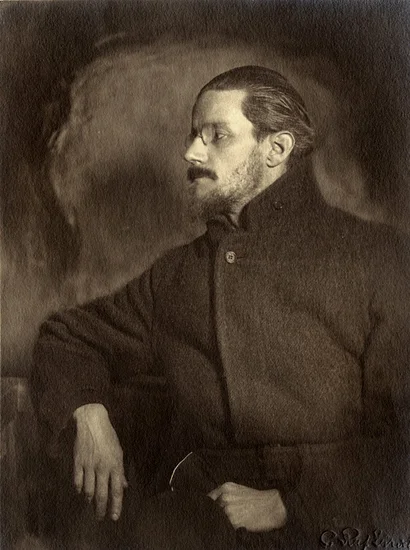
Irish author James Joyce began his relationship with Nora Barnacle, subsequently using this date as the setting for his masterpiece “Ulysses.” This personal milestone became immortalized in literary history as “Bloomsday.”
The relationship with Nora profoundly influenced Joyce’s writing throughout his career. Their partnership endured for decades and provided emotional stability during Joyce’s creative struggles.
1925 – Artek Pioneer Camp Established
The Soviet Union established Artek, which became the most famous Young Pioneer camp in the USSR. This institution shaped the childhood experiences of millions of Soviet children and promoted Communist ideological education.
Artek’s scenic Crimean location and comprehensive programs made it a coveted destination for young Soviets. The camp’s influence extended far beyond recreation, serving as a tool for political socialization.
2016 – Shanghai Disneyland Opens
Shanghai Disneyland Park opened as the first Disney theme park in mainland China. The massive entertainment complex represented Disney’s bold expansion into the Chinese market.
The park’s unique blend of classic Disney attractions and Chinese cultural elements attracted millions of visitors. Its success demonstrated the global appeal of Disney’s entertainment philosophy.
2002 – Padre Pio Canonized
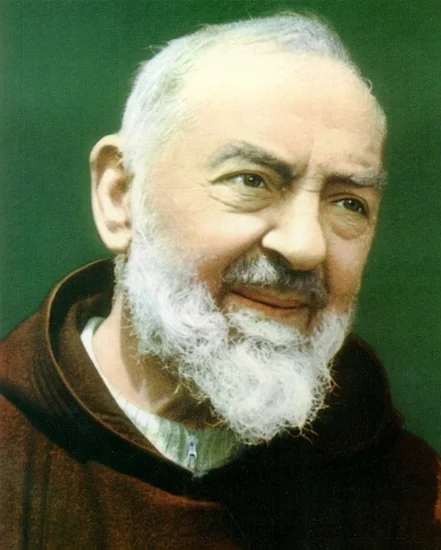
The Roman Catholic Church canonized Padre Pio, recognizing the Italian friar as a saint. The canonization ceremony drew enormous crowds and celebrated his reported miracles and spiritual devotion.
Padre Pio’s canonization reflected the Catholic Church’s emphasis on modern saints who could inspire contemporary believers. His popularity among the faithful made the ceremony a significant religious event.
Religious and Social Events on June 16
1963 – Buddhist Crisis Joint Communique Signed
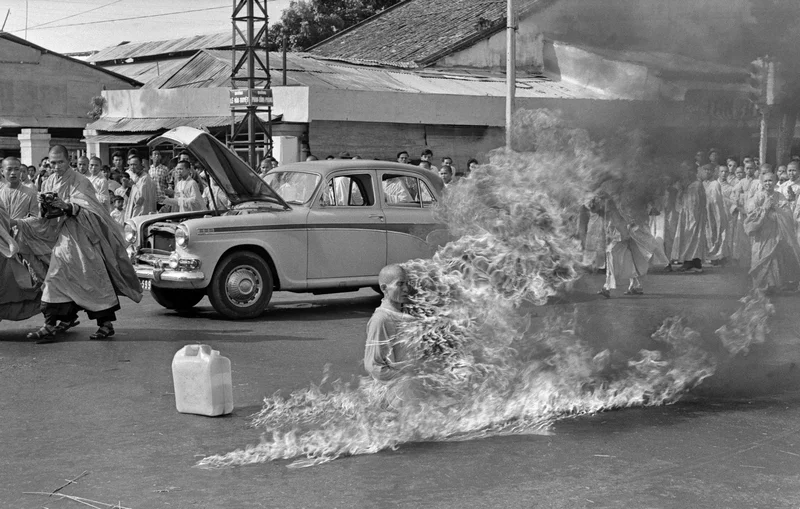
President Ngo Dinh Diem and Buddhist leaders signed a Joint Communique attempting to resolve the Buddhist crisis in South Vietnam. The agreement sought to address religious discrimination and political tensions.
The communique represented a temporary diplomatic solution to escalating religious conflicts. However, underlying tensions between the Catholic-dominated government and Buddhist majority remained unresolved.
1948 – Malayan Emergency Begins
British Malaya declared a state of emergency following the killing of three British plantation managers by Malayan Communist Party members. This event marked the beginning of a prolonged counterinsurgency campaign.
The emergency declaration authorized extensive military and police operations against Communist guerrillas. The conflict would continue for over a decade and reshape Southeast Asian politics.
2010 – Bhutan Bans Tobacco Completely
Bhutan became the world’s first country to institute a total ban on tobacco sales and public smoking. This groundbreaking public health measure reflected the kingdom’s commitment to citizen welfare.
The tobacco ban aligned with Bhutan’s unique philosophy of Gross National Happiness over economic growth. The policy demonstrated how small nations could lead global health initiatives.
2019 – Massive Hong Kong Protests

Approximately two million people participated in Hong Kong protests, making it the largest demonstration in the territory’s history. The massive turnout demonstrated widespread opposition to proposed extradition legislation.
The protests represented a crucial moment in Hong Kong’s struggle to maintain autonomy from mainland China. The unprecedented scale of participation shocked both local and international observers.
Business and Economic Events on June 16
1903 – Ford Motor Company Incorporated
Henry Ford incorporated the Ford Motor Company in Detroit, Michigan, launching what would become one of America’s most influential corporations. The company’s formation marked the beginning of mass automobile production.
Ford’s innovative manufacturing techniques would revolutionize industrial production worldwide. The company’s success helped establish Detroit as the global center of automotive manufacturing.
1911 – IBM Founded as Computing-Tabulating-Recording Company
The Computing-Tabulating-Recording Company was established in Endicott, New York, and would later become IBM. This founding moment initiated the development of modern information technology.
The company’s early focus on data processing equipment positioned it perfectly for the coming computer age. IBM’s evolution from tabulating machines to computers transformed global business operations.
1977 – Oracle Corporation Incorporated
Larry Ellison, Bob Miner, and Ed Oates incorporated Software Development Laboratories in Redwood Shores, California, which later became Oracle Corporation. Their company would dominate the database software market.
Oracle’s innovative approach to relational databases revolutionized how businesses managed information. The company’s success helped establish Silicon Valley as the global center of software development.
1933 – National Industrial Recovery Act Passed
The United States Congress passed the National Industrial Recovery Act, allowing businesses to avoid antitrust prosecution through voluntary industry-wide agreements. This legislation represented a dramatic shift in American economic policy.
The act aimed to stimulate economic recovery during the Great Depression by promoting business cooperation. Its passage marked the federal government’s expanded role in regulating the American economy.
Transportation and Infrastructure on June 16
1903 – Amundsen Begins Northwest Passage Navigation

Norwegian explorer Roald Amundsen departed Oslo to commence the first east-west navigation of the Northwest Passage. His expedition represented a bold attempt to conquer one of the world’s most challenging maritime routes.
Amundsen’s journey required careful planning and specialized equipment designed for Arctic conditions. The expedition’s success would open new possibilities for Arctic navigation and exploration.
1972 – Churchill Falls Generating Station Inaugurated

Canada inaugurated the Churchill Falls Generating Station, the country’s largest single-site hydroelectric power project. This massive infrastructure achievement demonstrated Canada’s commitment to renewable energy development.
The power station’s enormous capacity provided electricity for both Canadian and American markets. Its construction required overcoming significant engineering challenges in Labrador’s harsh environment.
1930 – USSR Establishes Decree Time
The Soviet government established decree time throughout the USSR, implementing standardized time zones across the vast territory. This administrative reform simplified railway scheduling and industrial coordination.
The time standardization reflected the Soviet Union’s emphasis on centralized planning and control. The decree helped synchronize economic activities across the world’s largest country.
Sports and Recreation on June 16
1924 – Faith Domergue Born

American actress Faith Domergue was born and would later become a notable figure in 1950s Hollywood cinema. Her career spanned both dramatic films and science fiction productions that captivated audiences.
Domergue’s performances in Howard Hughes productions established her as a significant screen presence. Her work contributed to the golden age of Hollywood filmmaking.
1972 – Roberto Durán Born

Panamanian boxer Roberto Durán was born and would become one of the greatest fighters in boxing history. His aggressive style and incredible skill earned him world championships in four different weight classes.
Durán’s nickname “Manos de Piedra” (Hands of Stone) reflected his devastating punching power. His legendary career included memorable fights against Sugar Ray Leonard and other boxing greats.
1970 – Phil Mickelson Born

American golfer Phil Mickelson was born and would become one of professional golf’s most successful left-handed players. His career achievements include multiple major championship victories and decades of competitive excellence.
Mickelson’s charismatic personality and aggressive playing style made him a fan favorite worldwide. His rivalry with Tiger Woods helped define professional golf in the early 21st century.
Notable Births on June 16
1902 – Barbara McClintock Born

American geneticist Barbara McClintock was born in Hartford, Connecticut, beginning a life that would revolutionize our understanding of genetics. Her groundbreaking research on corn genetics revealed the existence of genetic transposition.
McClintock’s work on “jumping genes” was initially dismissed by the scientific community but later earned her the Nobel Prize in Physiology or Medicine. Her discoveries fundamentally changed how scientists understand genetic regulation and chromosome behavior.
1915 – John Tukey Born

American mathematician John Tukey was born in New Bedford, Massachusetts, and would become one of the most influential statisticians of the 20th century. His contributions to data analysis and statistical methodology transformed multiple scientific fields.
Tukey coined the term “software” and developed innovative techniques for exploratory data analysis. His work laid crucial foundations for modern computer science and statistical computing.
1920 – José López Portillo Born
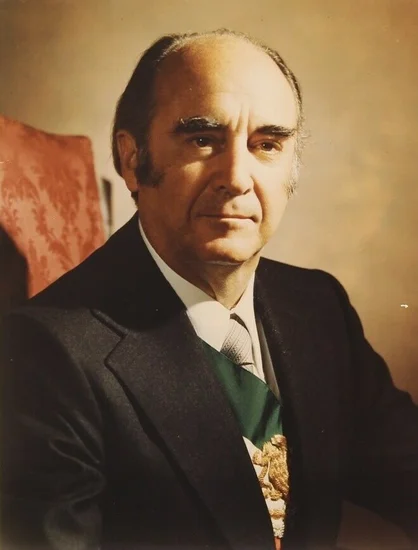
Mexican lawyer and politician José López Portillo was born in Mexico City and would serve as Mexico’s 31st President from 1976 to 1982. His presidency coincided with Mexico’s oil boom and significant economic challenges.
López Portillo’s administration implemented major economic reforms and infrastructure projects. His leadership during a period of rapid change helped shape modern Mexico’s political and economic development.
1938 – Joyce Carol Oates Born

American novelist Joyce Carol Oates was born in Lockport, New York, and would become one of America’s most prolific and acclaimed writers. Her extensive literary output includes novels, short stories, poetry, and criticism.
Oates has published over 40 novels and numerous collections of short stories exploring themes of violence, family, and American society. Her psychological insight and narrative skill have earned her numerous literary awards and international recognition.
1958 – Darrell Griffith Born

American basketball player Darrell Griffith was born in Louisville, Kentucky, and would become famous for his extraordinary jumping ability and shooting skill. His nickname “Dr. Dunkenstein” reflected his spectacular athletic performances.
Griffith led the University of Louisville to the 1980 NCAA championship before enjoying a successful NBA career with the Utah Jazz. His 48-inch vertical leap made him one of basketball’s most athletic players.
1970 – Cobi Jones Born

American soccer player Cobi Jones was born in Detroit, Michigan, and would become one of the most capped players in US national team history. His speed and versatility made him a key figure in American soccer’s development.
Jones participated in three World Cups and helped establish Major League Soccer as a viable professional league. His contributions to American soccer helped raise the sport’s profile in the United States.
1972 – John Cho Born

American actor John Cho was born in Seoul, South Korea, and would become a prominent figure in Hollywood representing Asian-American performers. His breakthrough role in the “Harold & Kumar” film series launched his successful career.
Cho’s starring role in the television series “Sulu” and films like “Searching” demonstrated his range as a dramatic actor. His success helped break stereotypes and create opportunities for other Asian-American actors.
1991 – Siya Kolisi Born

South African rugby player Siya Kolisi was born in Zwide, Port Elizabeth, and would become the first black captain of the South African national rugby team. His leadership symbolized the transformation of South African rugby.
Kolisi led the Springboks to victory in the 2019 Rugby World Cup, inspiring a nation still grappling with racial divisions. His personal journey from township poverty to international stardom embodies South Africa’s democratic aspirations.
Notable Deaths on June 16
1958 – Imre Nagy Executed
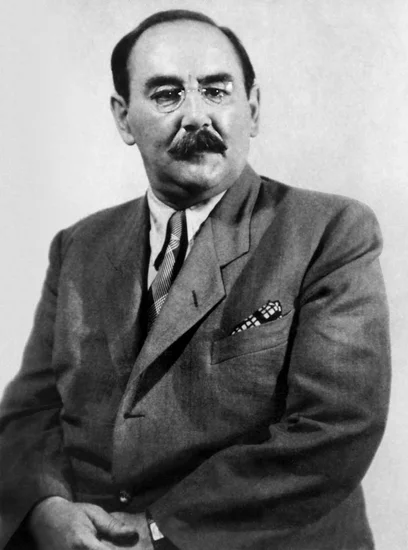
Hungarian politician and former Prime Minister Imre Nagy was executed by Soviet-backed authorities for his role in the 1956 Hungarian Revolution. His death symbolized the brutal suppression of democratic movements in Eastern Europe.
Nagy’s execution followed a secret trial that violated international legal standards. His martyrdom inspired future generations of Eastern European freedom fighters and democracy advocates.
1977 – Wernher von Braun Dies
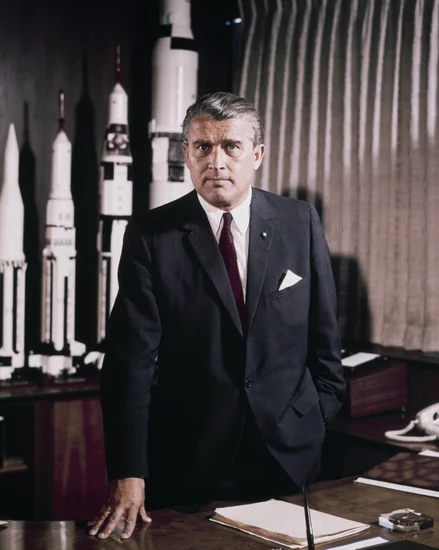
German-American rocket engineer Wernher von Braun died in Alexandria, Virginia, concluding a controversial career that spanned Nazi Germany and the American space program. His technical genius helped achieve the moon landing.
Von Braun’s complex legacy included both his contributions to American space exploration and his involvement in Nazi rocket programs. His death marked the end of an era in space technology development.
1959 – George Reeves Dies
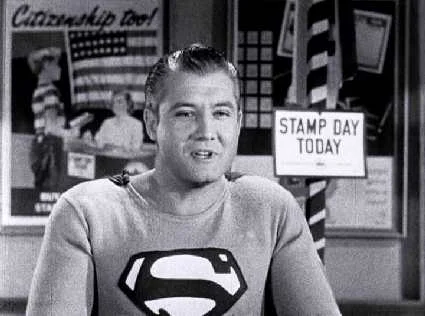
American actor George Reeves died in Beverly Hills, California, under mysterious circumstances that sparked decades of speculation. His portrayal of Superman in the 1950s television series made him a cultural icon.
Reeves’ death was ruled a suicide, but many fans and investigators questioned the official findings. His tragic end overshadowed his contributions to early television and superhero entertainment.
2010 – Maureen Forrester Dies
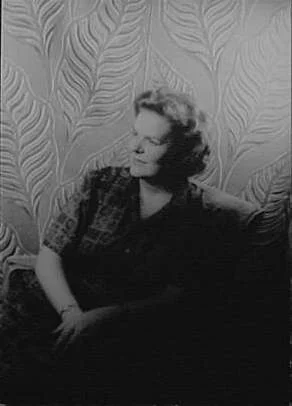
Canadian contralto Maureen Forrester died in Toronto, concluding a distinguished career that brought Canadian classical music to international prominence. Her powerful voice and interpretive skills earned worldwide acclaim.
Forrester’s performances with major orchestras and opera companies established her as one of Canada’s greatest classical musicians. Her death marked the loss of a significant figure in Canadian cultural history.
2017 – Helmut Kohl Dies

German politician and former Chancellor Helmut Kohl died in Ludwigshafen, ending a career that shaped modern European history. His leadership during German reunification earned him the title “Chancellor of Unity.”
Kohl’s 16-year tenure as Chancellor included overseeing the peaceful reunification of East and West Germany. His vision of European integration helped establish the European Union as a major political entity.
2014 – Tony Gwynn Dies

American baseball player Tony Gwynn died in San Diego, California, after a battle with cancer linked to his long-term tobacco use. His exceptional hitting ability made him one of baseball’s greatest contact hitters.
Gwynn’s eight National League batting titles and .338 career average established him as a San Diego Padres legend. His death prompted renewed discussions about tobacco use in professional baseball.
Holidays and Observances on June 16
Bloomsday Celebrated in Dublin
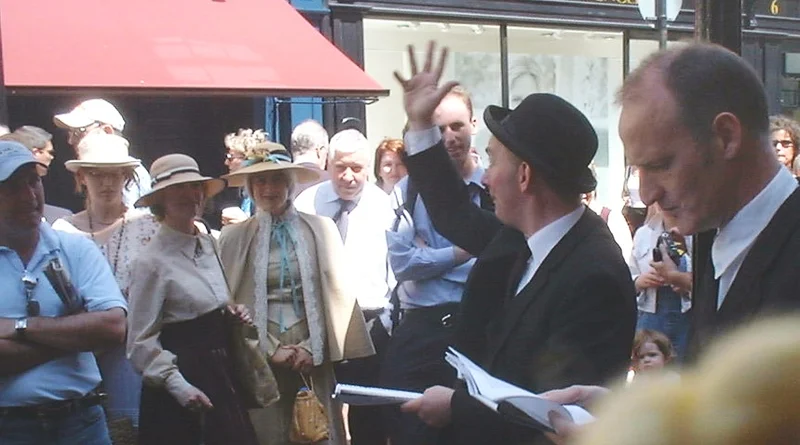
Dublin, Ireland, celebrates Bloomsday in honor of James Joyce’s novel “Ulysses,” which is set on June 16, 1904. Literary enthusiasts gather to commemorate Joyce’s masterpiece through readings, performances, and themed events.
The celebration has grown from a small literary gathering to an international cultural phenomenon. Bloomsday events now occur in cities worldwide, spreading appreciation for Joyce’s revolutionary literary techniques.
International Day of the African Child
The Organisation of African Unity established this day to honor African children and raise awareness about their challenges and potential. The observance promotes education, health, and protection of children across the African continent.
The day commemorates the 1976 Soweto uprising, when South African students protested against inferior education. This connection emphasizes the ongoing struggle for quality education and children’s rights in Africa.
Youth Day in South Africa
South Africa observes Youth Day to commemorate the Soweto uprising of 1976, when students protested against apartheid education policies. The day honors young people’s role in the fight against racial oppression.
Youth Day celebrations include educational programs, cultural events, and discussions about contemporary challenges facing South African youth. The observance connects historical struggle with present-day empowerment efforts.
Engineer’s Day in Argentina
Argentina celebrates Engineer’s Day to recognize the contributions of engineers to national development and technological progress. The observance honors the engineering profession’s role in building modern Argentina.
The day includes professional ceremonies, technical exhibitions, and educational programs promoting engineering careers. Argentina’s engineering achievements in infrastructure and industry are highlighted during the celebration.
Martyrdom of Guru Arjan Dev
Sikhs worldwide commemorate the martyrdom of Guru Arjan Dev, the fifth Sikh Guru, who died on this date in 1606. His sacrifice represents the struggle for religious freedom and spiritual principles.
The observance includes prayers, community gatherings, and charitable activities reflecting Sikh values of service and devotion. Guru Arjan Dev’s martyrdom strengthened Sikh identity and commitment to their faith.
